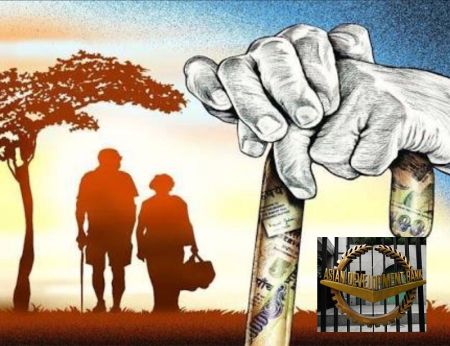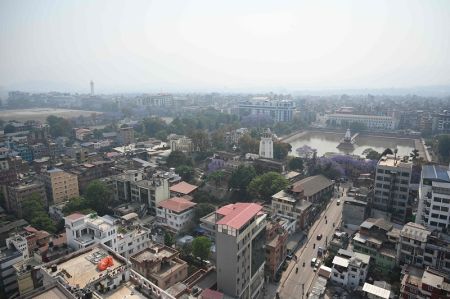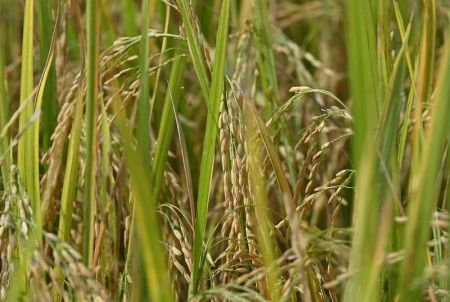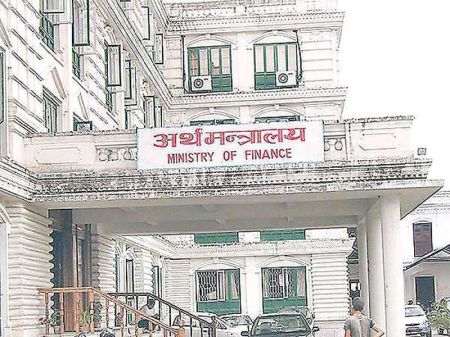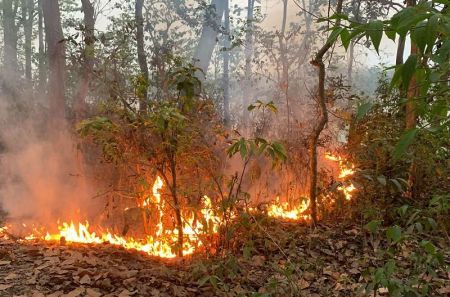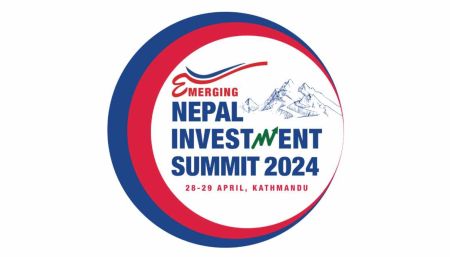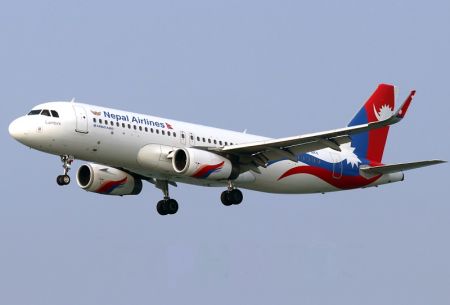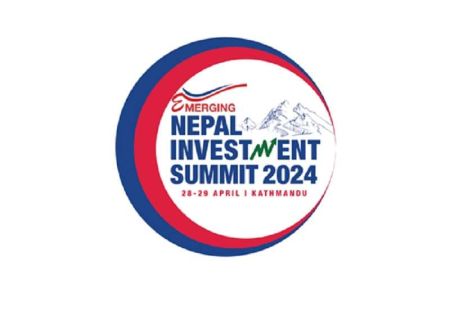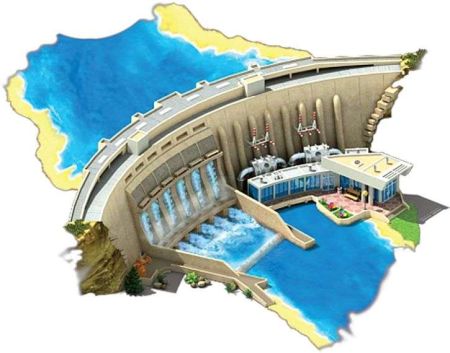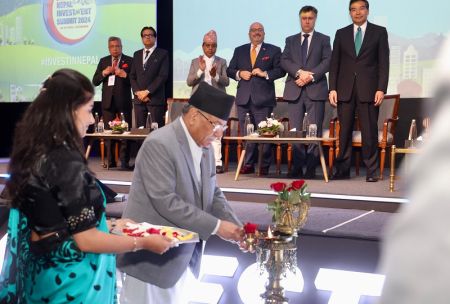--By Gaurav Aryal
The UK Government’s Department for International Development (DFID) has always been one of the major partners in Nepal’s development process during the political transition, Nepal is currently passing through. At the backdrop of second Constituent Assembly election slated for November 19, Dominic O’Neill, immediate past Head of DFID Nepal said that DFID will be providing a support of about £ 10 million for the election process.
O’Neill expected that the upcoming election will prove to be an important milestone in Nepal’s ever changing political scenario. “Election will be a milestone but let’s not pretend that will be the end of the political transition,” he said, “But, (elections in) November will bring a bit more stability, stable and an accountable government that has a fresh mandate from people.” He further hinted that the transitional period of Nepal may continue for another 10 to 20 years. He does not see anything wrong with the prolonged transitional period as long as it remains peaceful, always improving and always getting better.
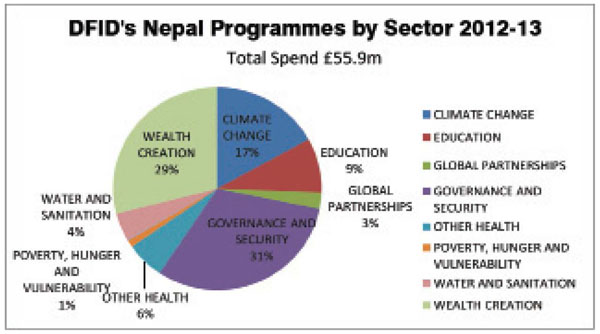
He said that DFID will continue to provide support for Nepal in the areas it is working as a partner in development process especially with the poorest of people in Nepal. “We will be offering the new government same support we are giving now because poor people will still need jobs and the country will need infrastructure.” One thing that would make a difference would be the government’s performance on public financial management and the national budget. Donors will feel easier when there is an elected government with the ability to take decisions to ensure the budget is passed and spent on time.
O’Neill, on the last day of his stay in Nepal suggested, “The most important thing for Nepal is to get the economy moving. Don’t wait for the election because the economy won’t wait. People can’t sit and wait for five months until the election and formation of new government. It is really important that the politicians and the government allow the economy, private sector and people to move on and get jobs created and businesses started.”
Vision 2015
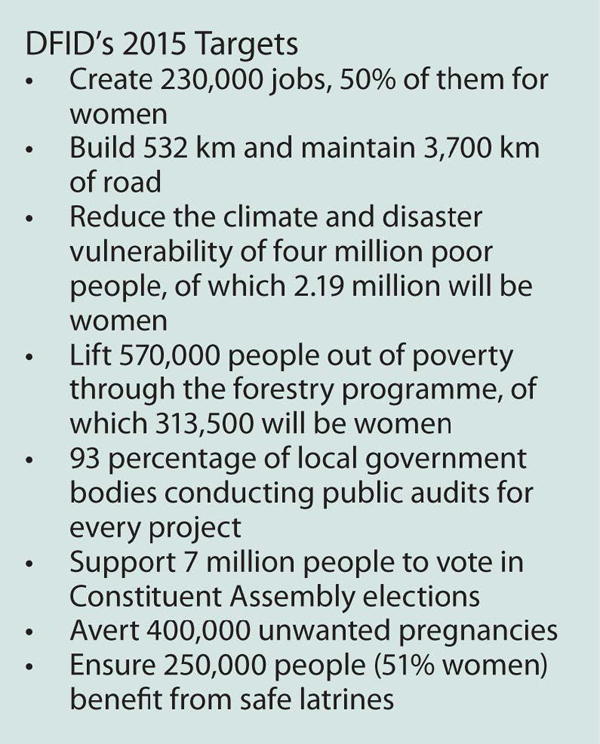
DFID prepared a five year Operational Plan for Nepal in 2010 with a commitment of £331 million of UK official development assistance. The operational plan for the period of 2011 to 2015 is at the middle of its implementation. According to O’Neill, the programme is coming to an end on April 2015. So, until then, DFID won’t be coming up with new programmes. As in the past, DFID can be expected to continue its support to Nepal in some of its major areas such as governance, climate change, disaster management, wealth creation and service delivery. “We will continue as we are, for few more years before we look at anysignificant changes in the programming,” he stated.
According to DFID, the operational plan is set around four pillars that are believed to be critical to secure long term peace and development in Nepal namely, (1) Governance and Security (2) Inclusive Wealth Creation, (3) Service Delivery (4) Climate and Disaster Resilience. DFID disbursed £55.9million of bilateral development assistance in Nepal in financial year 2012/13. The UK also disbursed £3.56 million as debt relief.
O’Neill said that 453 kilometres of road was built this year alone. Along with the hard results, he also focused on letting people know about the economic programmes of DFID that were less known by the general public. He said, “In the past, people used to think that we are funding mostly the social based organisations. In fact, more than a third of our portfolio has always been about pure economic development and it is increasing.” The organisation has also been actively playing a role to create a conducive business environment.
DFID Commitments

DFID has been primarily working on poverty reduction and vulnerability, promoting stability, job creation and ensuring peoplehave better access to essential services like health, education and water. During the period of 2011 to 2015, DFID is concentrating in supporting the peace process, helping strengthen governanceand improving security and access to justice. Similarly, it is helping poor and excluded people get jobs and benefit from the economic growth, helping deliver better health and education services, helping Nepal adapt to the effects of climate change, reducing risk from disasters, including earthquakes and improving the lives of women and girls.
The organisation is providing support and technical expertise in key areas, working closely with the government, civil society, the private sector and development partners to support the peace process and reduce poverty. According to DFID, the UK’s investments in Nepal are designed so that DFID funds are channelled through the government, or through partners.
Fighting Climate Change
DFID has kept climate change programmes in its long term agenda. Though the organisation does have a specific programme on climate change, everything it does takes account of the climate change. It has targeted to reduce climate change vulnerability of 4 million people by 2015. The programme is being implemented under the Local Adaptation Plan for Action (LAPA) framework. O’Neill said, “It isa slow start but I went to Humla to see the effects of the programme, people are making progress.”
For example, Sabhakhola bridge built by DFID is climate proof because of its design to withstand high level of water flow. O’Neill said that every programme is designed with changes in climate in mind. Similarly, the organisation has supported the Great Himalaya Trail where people are experiencing impacts of climate changes such as lower snowfall and glacier runoff. “We are helping people to adapt to the climate change and also for making them resilient to the disaster and helping communities to respond when there is disaster,” said O’Neill. DFID has also put early warning system in the Seti River where a flood hit last year. He said that local people are less aware about the terminologies such as climate change, and resilience but they can explain phenomenon like lesser snowfall and decrease in land fertility in the last five years. People living high in the mountains are more vulnerable to climate change as they have lesser access to markets unlike their counterparts living in the plains of Terai. Food security is one of the areas where the climate change makes biggest impacts. DFID is working in such areas where people are made capable to adapt to the impacts of climate change.
DFID, a part of the UK Government that manages Britain’s aid to poor countries, is actively working to alleviate extreme poverty in Nepal as well as other countries. In Nepal, it is the largest bilateral donor organisation. DFID’s in-country office was established in 1999 with an aim to better understand and address the issues of poverty in Nepal. Though its programmes in education, health, road infrastructure, support to Nepal Peace Trust Fund, and decentralised service delivery are spread across Nepal, it has prioritised direct project assistance on mid and far western Nepal, where majority of poor people live.






